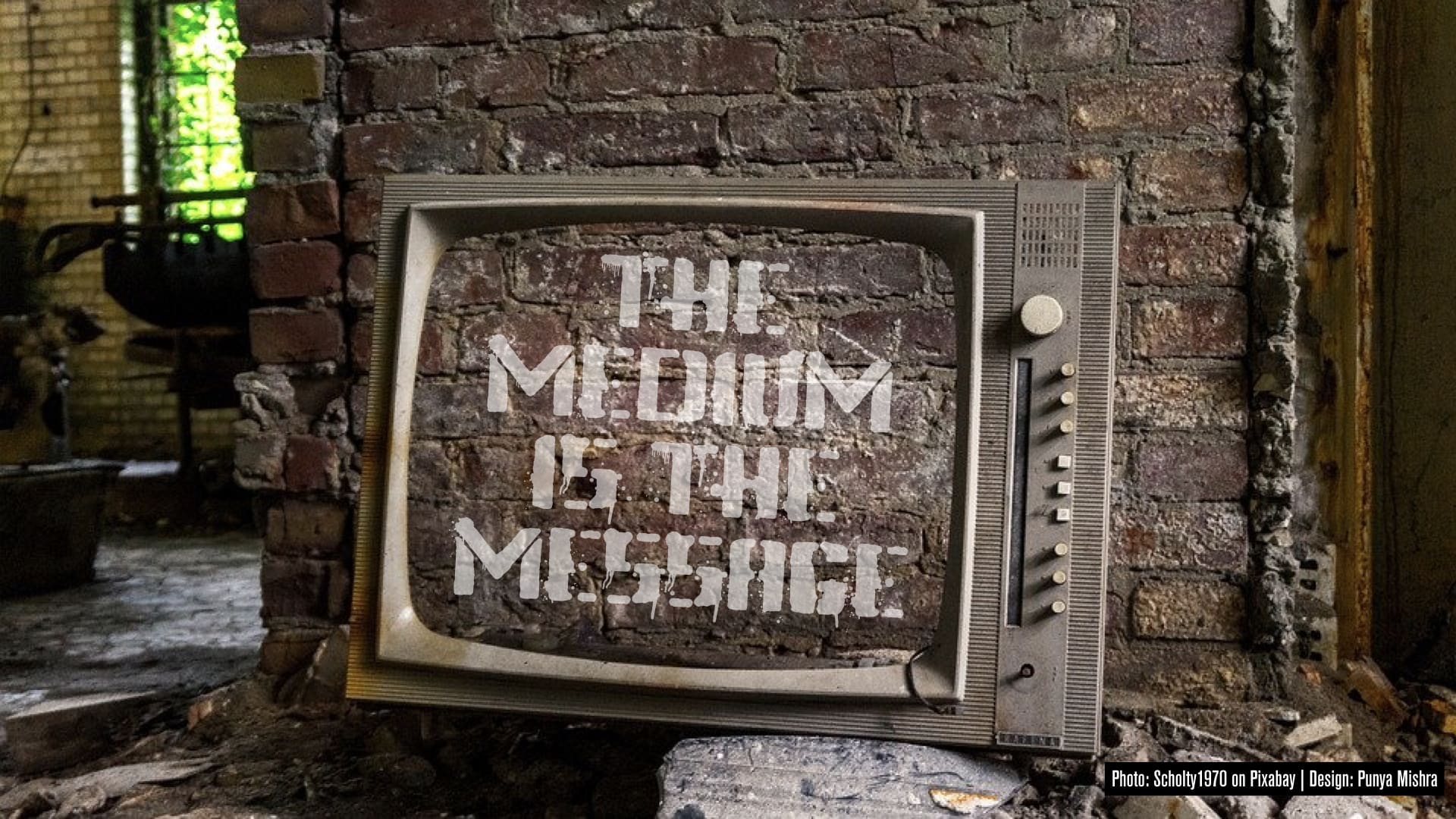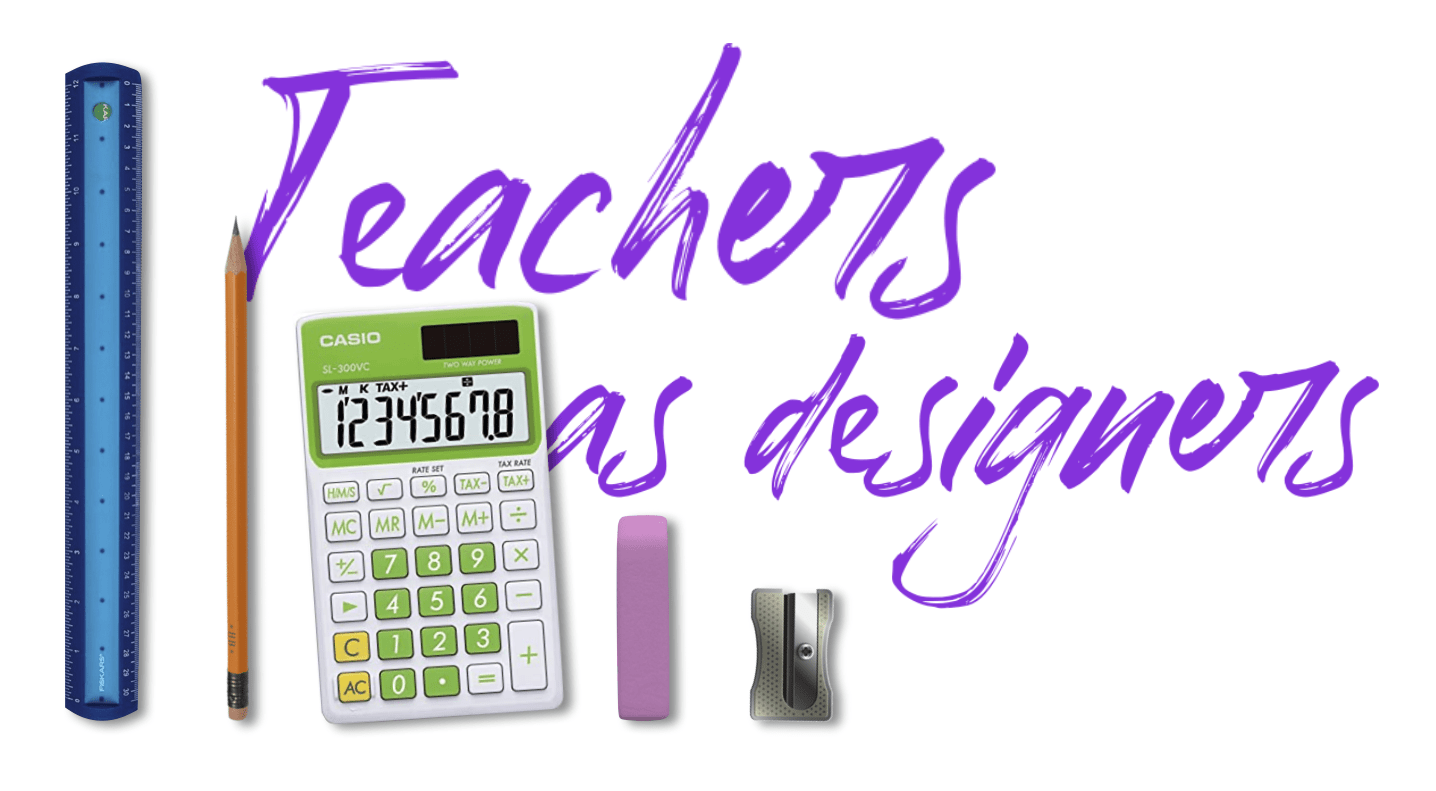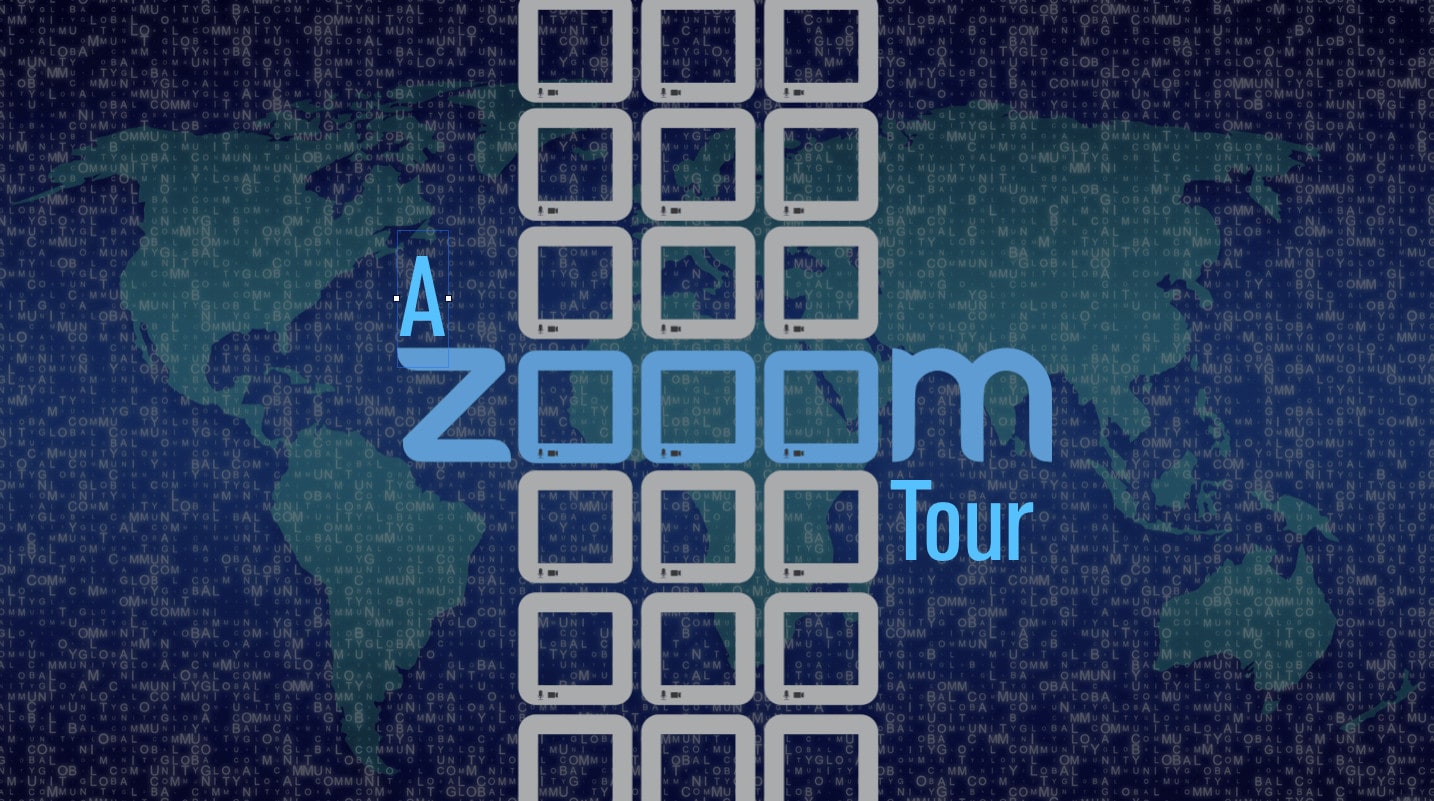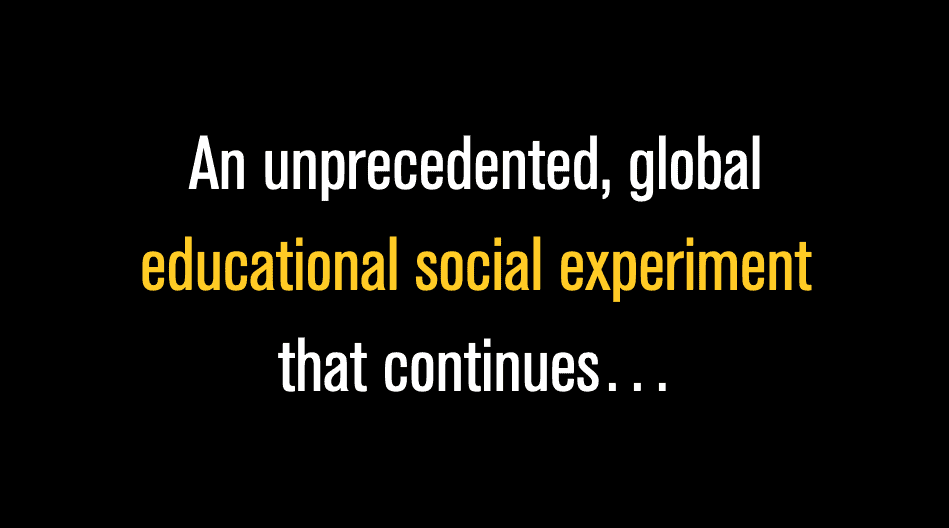A few years ago I was asked to talk to some major donors of the College as a part of the kick-off of the MSU Capital Campaign. The text below is what I had written out prior to giving the talk. It is not an exact transcript of what I actually said, since I occasionally digressed from the written text in front of me. I had been asked to speak about the value of research.
On the value of research
By Punya MishraThank you for allowing me to come and talk with all of you today.
I am here to talk to you about research something all of here as faculty do, something we want to do, something that love to do, and something that is often hard to describe and explain why we do…
I am Punya Mishra. I am an assistant professor of Learning, Technology and Culture. I am originally from India and have been here at MSU for four years now. I joined MSU for a variety of reasons: Its national ranking; the strong connections it has between research and practice; the value it places on applying what we do to maximally impact teachers and students in our schools. I came here to be with some of the best minds in the field of education – both faculty and students. But, truth be told, one of the most important reasons I am here today is because the people here are so nice and friendly.
As I said I started here four years ago. Just as I was starting here I got a book… a book that changed the way I think about technology and our responses to it. This book, by two professors at Stanford University argued that people treat computers just like other people. It detailed experiments that showed people being polite to machines, treating them like teammates, imputing them with male and female characteristics and so on… My first response to this, similar to what I guess you are thinking now: this is just plain nuts; it doesn’t make much sense! But, again, these claims were being made by reputed scholars at Stanford University, so I had to give it some value. So I thought to myself, if this is true, what does it mean to me as an educational technologist? Clearly we needed to know more about this. These researchers were from communication, and cared more about working with computer software companies and helping them make computers easier to use. They didn’t really care about education and learning. It seemed to me that this was an area ripe for research. This led to two key questions: The first was, is this true or, does this really happen? Second, if it is, then what does it mean for educational technology—its design and use.
But imagine this. Here I was an assistant professor wanting to start a new line of research and a seemingly controversial one, at that. Imagine going to some funding agency and saying, hey I am a nice guy, reasonably smart, I have no prior experience doing this line of research, but trust me, I think it is important… so give me some money to do this work. There was no way that was going to happen or at least the chances of that were pretty slim.
This is where Joe and Lucy Bates Byers stepped in. I was lucky to be the first recipient of the Bates-Byers research fellowship. This has allowed me to conduct a bunch of research studies. Essentially what we are finding is that what the people at Stanford found and said is just half the story. There are situations where people accept the computers as being social actors and others situations where they don’t. For instance we find that people believe than computers praise them but not all the time. We find that accents matter. We have found that a little computer agent with a voice is trusted more. And we are sharing this information with other scholars, publishing papers, and presenting at national and international conferences. For instance, later this year I am going to a prestigious, invitation-only conference of scholars in the area of Artificial Intelligence to discuss some of these issues related to learning and working with computers.
However, I don’t what you to think that this work has just been research, a bunch of studies, published in esoteric journals that just a bunch of experts read. Not at all. This work has allowed me to bring in a new set of ideas to teach graduate students (master’s and doctoral). It has led to a new course in our newly designed Doctoral program – something that could not have existed a couple of years ago.
So what has been the value of the Byers-Bates fellowship? It has led to new knowledge, new courses and pedagogies, a new generation of students who will apply and extend these ideas in the future, and last but not the least, better design of software. This research has given us a new set of ideas to work with.
Now, part of the reason I am here today is to emphasize just how important this research is—not the research I am doing but research in general. It is a cliché to say that every study we conduct is one brick in the edifice of human knowledge; that my research will lead to the design of better educational software. It may and hopefully it will. But that is not all. There is a larger issue here that I would like to speak to. Something I feel very strongly about because I think very often this is something that we lose sight of.
One of the greatest strengths of the university system in America is this idea of academic freedom. This allows us as faculty members to investigate and question things. Are people polite to computers? Do charter schools actually deliver on their promises? How good or bad are science textbooks? Just how should teachers use technology in their classrooms? Does mandatory testing make sense?
No question is considered to be off the table. It is this openness, this sense of curiosity, this sense of independent thought that makes MSU great. That makes the American university great. That makes America great.
Consider what happened on Sept 11. It is sort of standard knee-jerk response to say everything changed after that date. But I tend to emphasize what did not change. In some ways Sept 11 and its aftermath brought home certain issues and ideas that we knew all along and yet issues and ideas that we had begun to ignore. And if anything is important in this regard it is this ability to question, to probe, and to seek answers. This is what sets us apart. This is what is special about the idea of the American university.
Now more than anytime else we realize just how connected we are in this world. Actions in one part of the world have consequences thousands of miles away. The message of course is that WE HAVE TO ENGAGE and we have to model just what this questioning, seeking approach is about.
There is a tendency at times such as these to batten down the hatches, to shut the doors, to deny the seemingly frivolous freedoms or at least to question and curtail them. It is not surprising that now more than anytime else many of these freedoms are under siege. But I believe that it is now more than any time else that these freedoms need to be strengthened and supported.
I want to end by quoting a wonderful exchange between the scientist R. R. Wilson and Senator John Pastore from Rhode Island regarding justifying a 200 million expenditure towards constructing what is now Fermilab. I am reading from Wilson’s testimony before the Congressional Joint Committee on Atomic Energy.
Pastore: Is there anything connected in the hopes of this accelerator that in any way involves the security of this country?
Wilson: No sir; I do not belive so.
Pastore: Nothing at all?
Wilson: Nothing at all.
Pastore: Is there anything here that projects us in a position of being competitive with the Russians, with regard to this race?
Wilson: Only from a long-range point of view, of a developing technology. Otherwise, it has to do with: Are we good painters, good sculptors, great poets? In that sense, this new knowledge has all to do with honor and country but it has nothing to do directly with defending our country, except to make it worth defending.We are lucky that most educational research does not require 200 million. But what is at issue here is this freedom to ask, to seek and to offer our thoughts without worrying about the government or the public response. This is why I am here today in East Lansing, in front of you and not in India, my land of birth, representing the college, and most importantly other faculty members like me, engaged in research, engaged in asking questions and seeking answers. It is because we care; and because we value these abstract ideas of empowerment through knowledge, of intellectual growth through research. It is for this that all of us gathered here today seek your support. What you support is not my research or that of any other individual, what you support is a way of thinking, a way of living, a way of being in the world.
I thank you again for coming here today and I would love to talk with you more about my work or any other issues you would like to talk about.





0 Comments